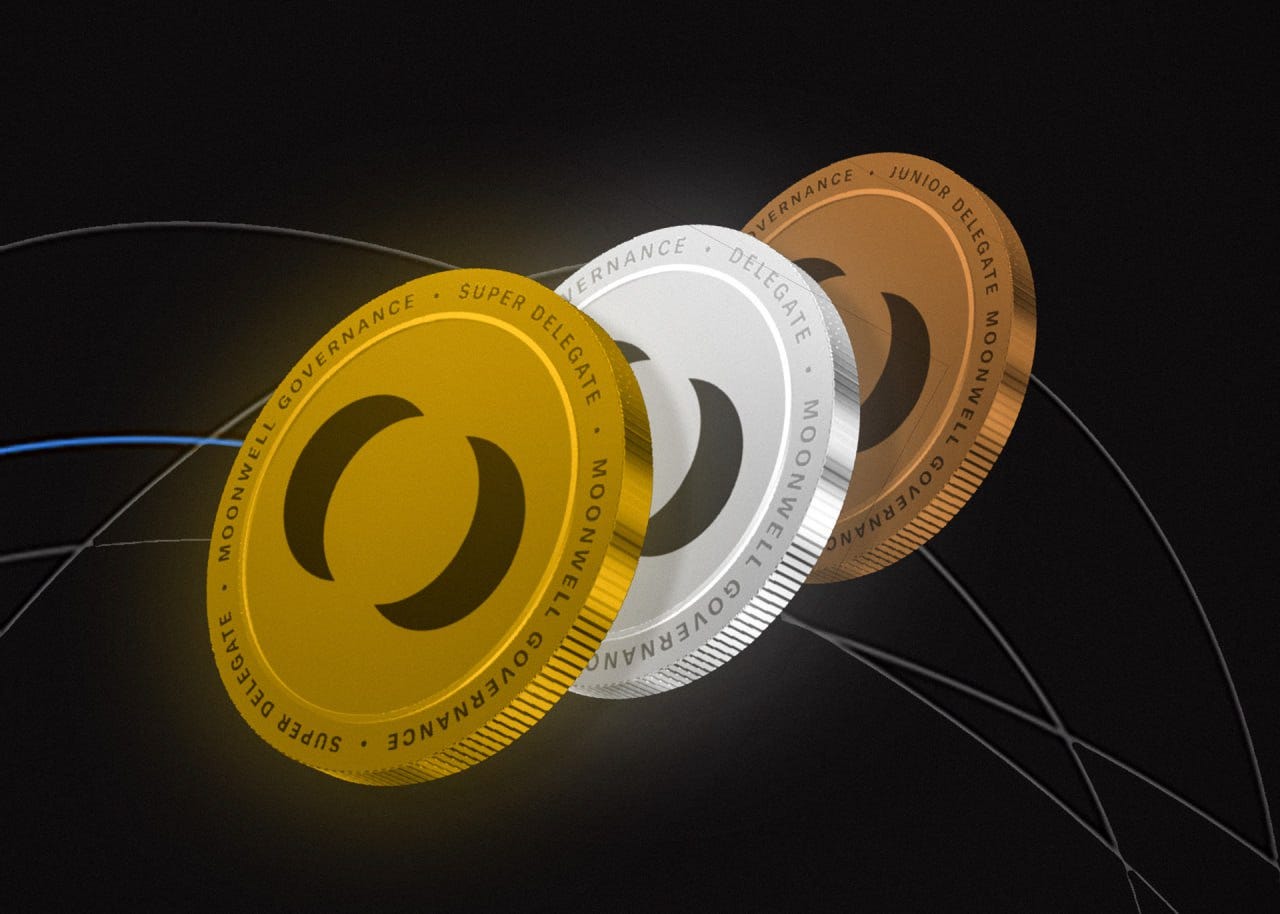The DAO Delegate Era: Evolutions
Will incentivization initiatives boost governance participation over the long term?
The Rise of Delegate Incentivization
A little while ago, we wrote about Lido’s efforts to encourage governance participation through its new delegate incentivization program (the “Rally” phase to select public delegates is ongoing, FYI). Of course, Lido’s is only among the most recent campaigns to incentivize commitments from DAO participants who will take the role seriously even after incentivization winds down.
The history of delegate incentivization is already several years in the making – practically ancient in the annals of DAO governance. MakerDAO launched one in 2021, and it has evolved (along with…everything at Maker/Sky); Optimism has had a retroactive delegate rewards program for some time, and there are undoubtedly several others from that era. Broad discussions about the benefits and dangers of incentivizing DAO participation were not uncommon (see here at ENS, for example, where the question has been taken up again.)
However, versions of delegate incentivization programs have taken root at several major DAOs, including Aave and Uniswap. Aave recently posted a proposal to renew the Orbit program, which began in June 2023. This program followed the “Incentivized Delegate Campaign” organized by Butter earlier that year. The Orbit program compensates Aave “recognized delegates” with GHO and gas reimbursements for governance activities during Q3 of 2024, encouraging delegate participation and decentralization efforts within the DAO.
Uniswap recently passed a proposal to continue its Delegate Rewards Initiative, “a compensation program designed to improve participation quality and dedication among Uniswap delegates,” which began in February of this year. If selected delegates meet the criteria, including maintaining a certain level of voting participation, they can receive up to $6,000 in UNI per month.
A Dynamic Shift at Moonwell
DeFi up-and-comer Moonwell has also taken up the incentivization mantle – but in a new way. The Moonwell Delegate Rush program aims to broaden the governance participant base by attracting motivated and knowledgeable delegates. The program introduces a new, tiered delegate structure that will remain post-program, designed to streamline onboarding and compensate participants. The two-month Delegate Rush fast-tracks new participants into Moonwell’s governance system.
✨ Applications to participate will be accepted through October 11th.
Delegate Structure: Moonwell’s delegate system consists of three roles: Junior Delegate, Delegate, and Super Delegate. Progression through these roles requires meeting specific criteria, including time commitments, participation requirements, and available space within roles.
Junior Delegate: Requires reading all documentation, active forum participation, voting on proposals, and attending governance calls. The emphasis is on insightful contributions and consistent engagement.
Delegate: Involves higher responsibilities, including submitting Snapshot proposals, demonstrating knowledge through quizzes, and providing governance research. Delegates must maintain regular participation over three months.
Super Delegate: This role is reserved for highly active and knowledgeable members and includes significant responsibilities such as proposal creation, forum moderation, and mentoring other delegates. Super Delegates receive a stipend and must meet strict participation criteria.
What’s the Rush? The Delegate Rush is a two-month initiative allowing fast-track entry into the delegate system. Participants who meet the requirements can bypass the Junior Delegate stage and start as mid-tier Delegates. The application process involves creating a delegate pitch and securing 200,000 WELL tokens delegated to them. The program includes an application phase followed by a delegation period, determining which applicants advance to the Delegate tier.
What’s Next?
As DAOs like Lido and Moonwell experiment with delegate incentivization programs, the real test lies in sustaining participation over the long term. Financial incentives are effective for attracting delegates initially, but DAOs must find ways to keep these participants engaged when the rewards decrease. Moonwell’s Delegate Rush introduces an exciting progression system where participants can move from Junior Delegate to Super Delegate, potentially encouraging long-term involvement by providing clear paths to greater responsibility and recognition.
Beyond financial rewards, DAOs may need to explore non-monetary incentives, such as building more robust reputational systems or offering more meaningful governance roles. The success of these programs will depend on whether they can create lasting commitment from diverse delegates or if participation will fade once the incentives dry up. The coming months will reveal if these initiatives can foster sustained, decentralized governance.
Lost In Governance?
The Boardroom Feed helps you browse, find, bookmark, and track proposals and discussions from the projects you care most about.
Set alerts, custom searches, notifications, and much more by accessing your Feed today —




